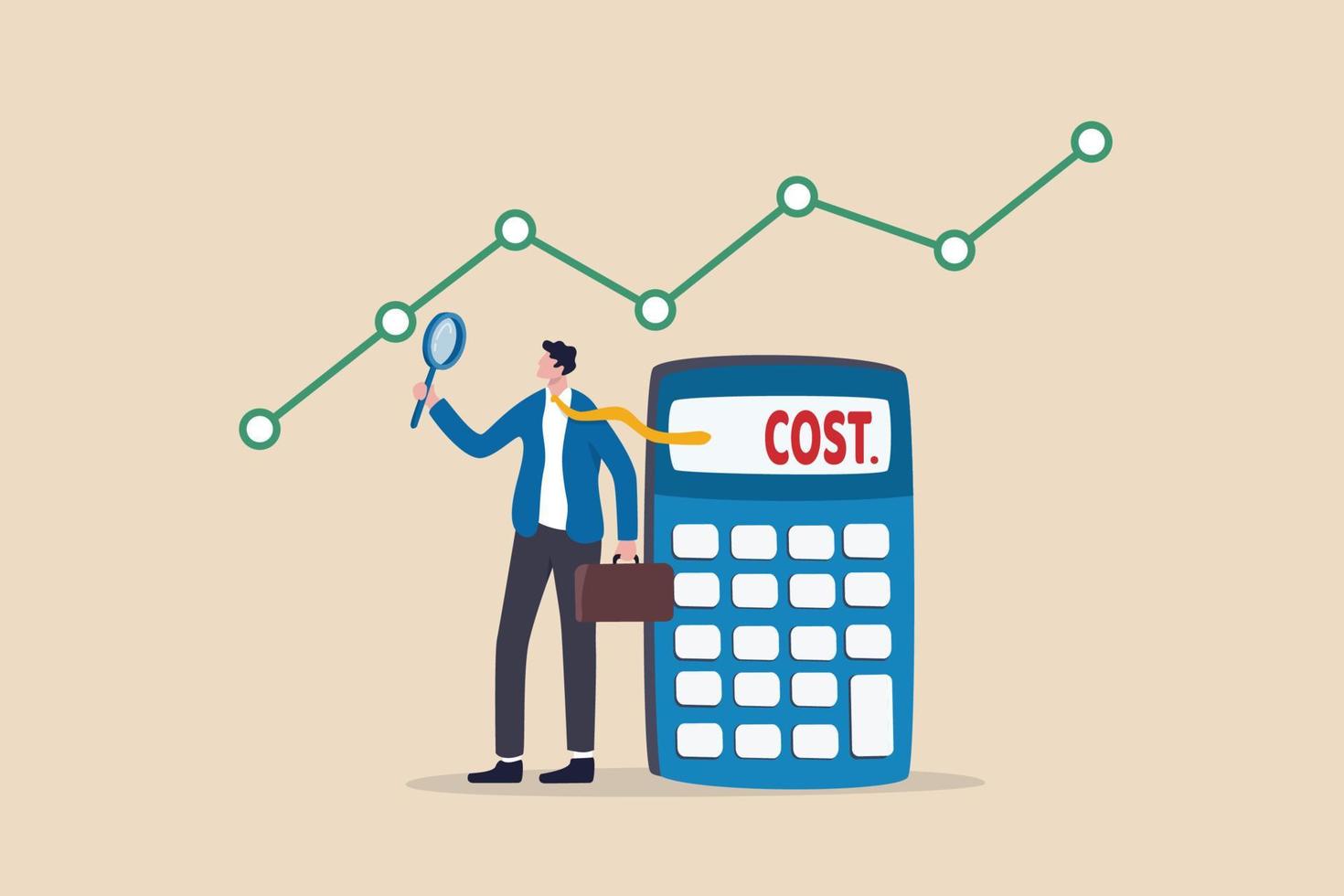
In today’s competitive business landscape, mastering cost management and reduction strategies is essential for sustainable growth and profitability. Whether you’re a startup striving to optimize resources or a well-established corporation looking to streamline operations, effective cost management can significantly impact your bottom line. This comprehensive guide explores proven strategies, practical tips, and actionable insights to help you navigate the complexities of cost management with confidence.
Understanding Cost Management
Cost management isn’t just about cutting expenses; it’s about strategically allocating resources to maximize value and minimize waste. By adopting a proactive approach to cost management, businesses can enhance efficiency, boost productivity, and maintain financial health even in challenging times. At its core, cost management involves:
- Cost Identification: Identifying all expenses incurred in the production or delivery of goods and services.
- Cost Analysis: Analyzing cost structures to identify areas of inefficiency or overspending.
- Cost Control: Implementing measures to regulate and reduce costs without compromising quality or performance.
Key Strategies for Cost Management and Reduction
-
- Create a Detailed Budget: Break down expenses into categories (e.g., fixed costs, variable costs) and set realistic targets for each.
- Monitor Variance: Regularly compare actual expenses against budgeted amounts to identify deviations and take corrective action promptly.Budgeting and Forecasting
Effective budgeting lays the foundation for sound financial management. By forecasting expenses and revenue streams, businesses can anticipate financial fluctuations and allocate resources judiciously. Here’s how to approach it
- Operational Efficiency
Improving operational efficiency is paramount to reducing costs without sacrificing quality. Consider the following strategies:
- Lean Manufacturing: Streamline production processes to eliminate waste and optimize resource utilization.
- Outsourcing and Automation: Evaluate tasks suitable for outsourcing or automation to reduce labor costs and enhance productivity.
- Negotiate Contracts: Negotiate favorable terms with suppliers based on volume discounts or extended payment terms.
- Supplier Performance Monitoring: Regularly assess supplier performance to identify opportunities for cost reduction and quality improvement.Supplier Management
Effective supplier management can yield significant cost savings and ensure reliability in the supply chain
- Technology Adoption
Embracing technology can drive efficiencies across various business functions:
- Cloud Computing: Reduce IT infrastructure costs and enhance scalability by migrating to cloud-based solutions.
- Data Analytics: Leverage data analytics to gain insights into spending patterns and identify areas for cost optimization.
!




